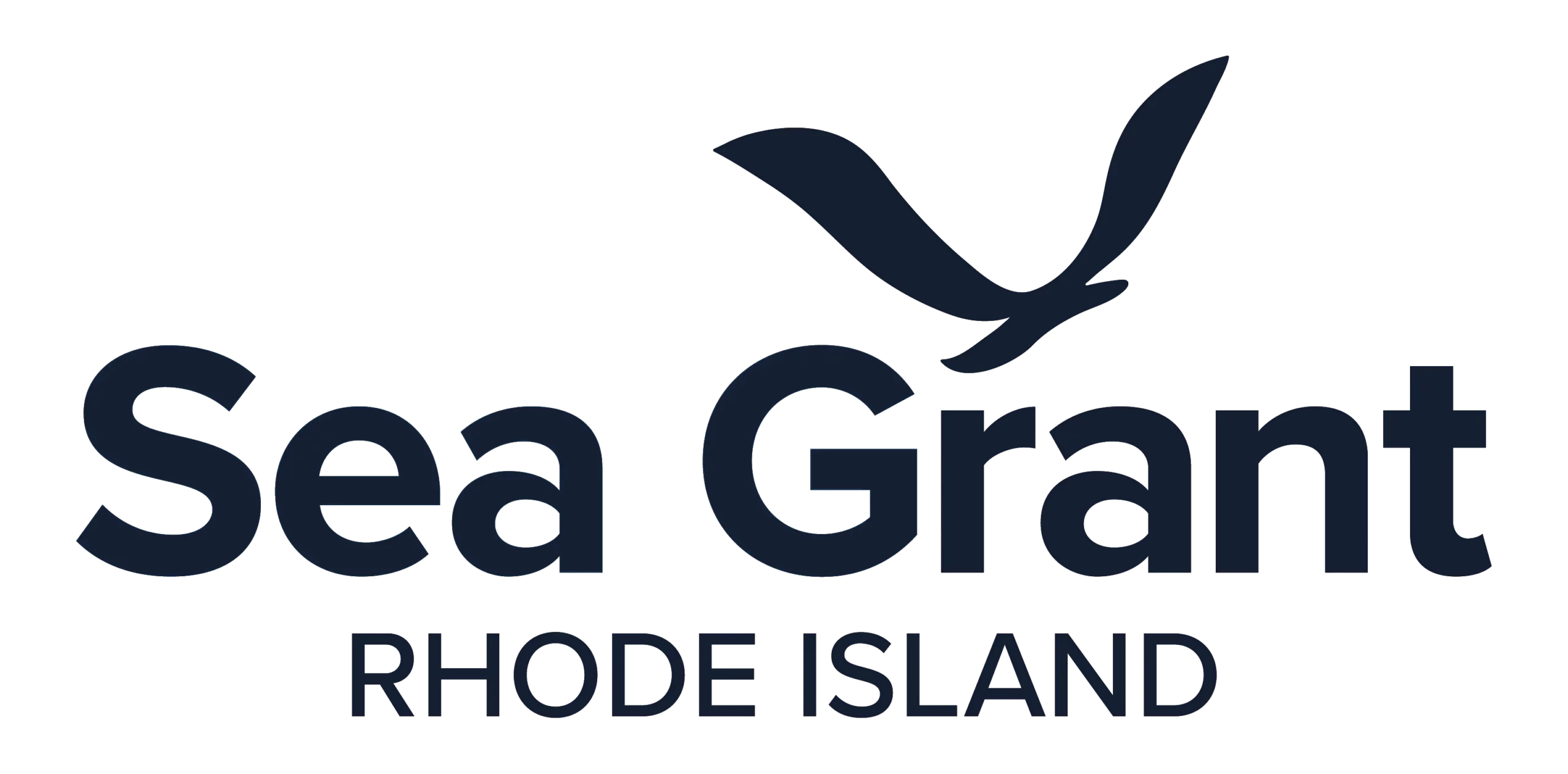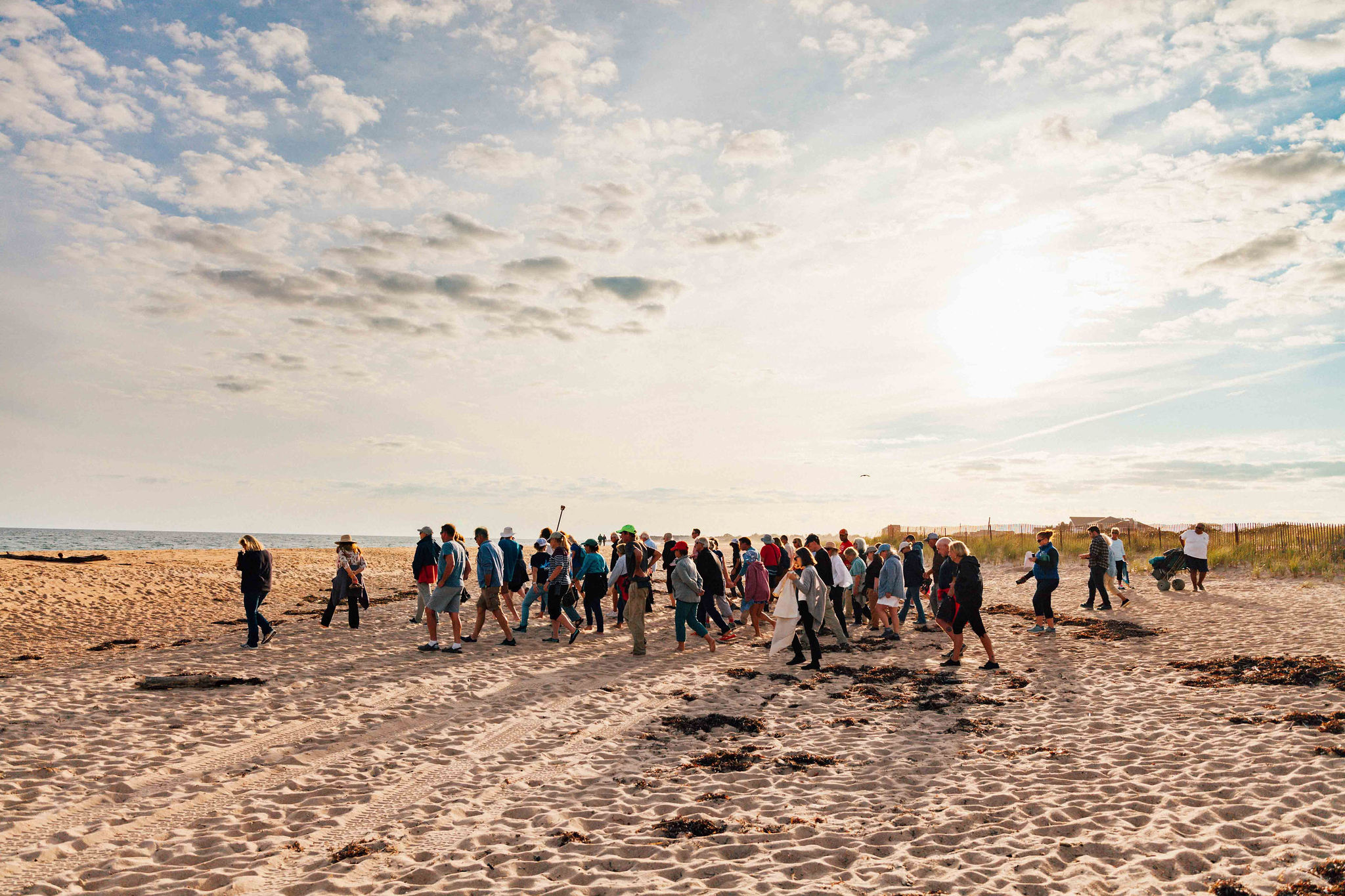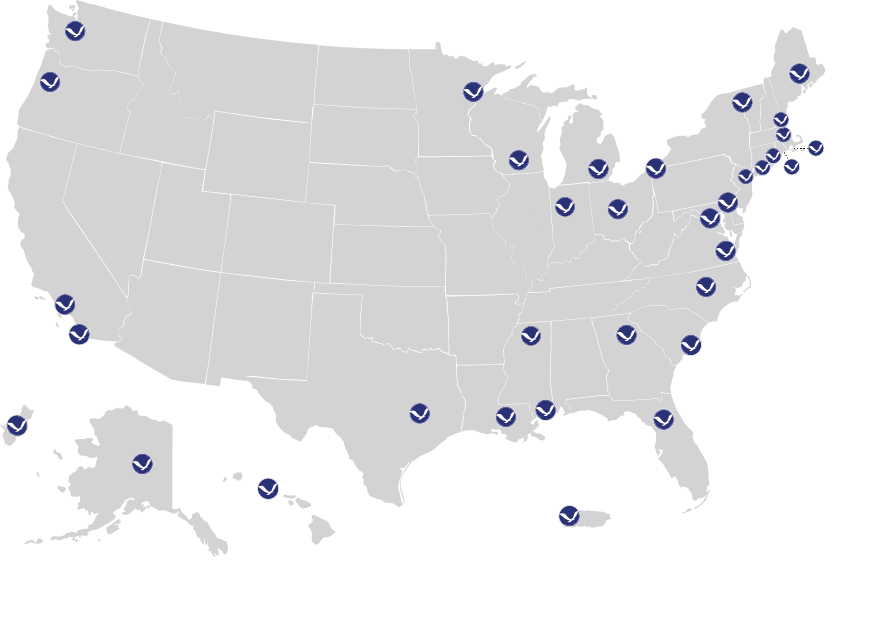About Us
What We Do
Advisory Council
Rhode Island Sea Grant is one of 34 programs in the National Sea Grant College Program working to enhance environmental stewardship and long-term economic development and responsible use of coastal and marine resources.
Located at the University of Rhode Island Graduate School of Oceanography, Rhode Island Sea Grant supports research, outreach, environmental literacy, and workforce development programs that foster the resilience of local and regional communities and marine environments.
Rhode Island Sea Grant also partners with the University of Rhode Island Coastal Resources Center for our extension program, and with the Roger Williams University (RWU) School of Law on our legal program, located at the Marine Affairs Institute at RWU.
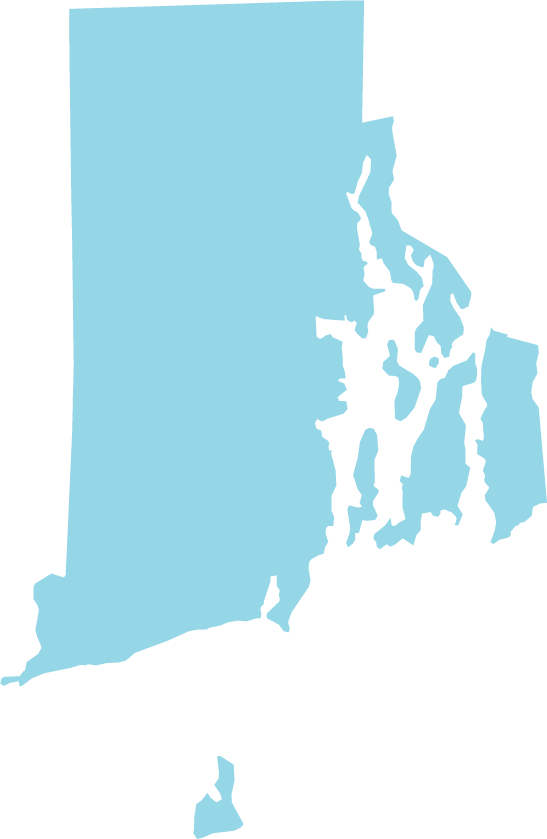
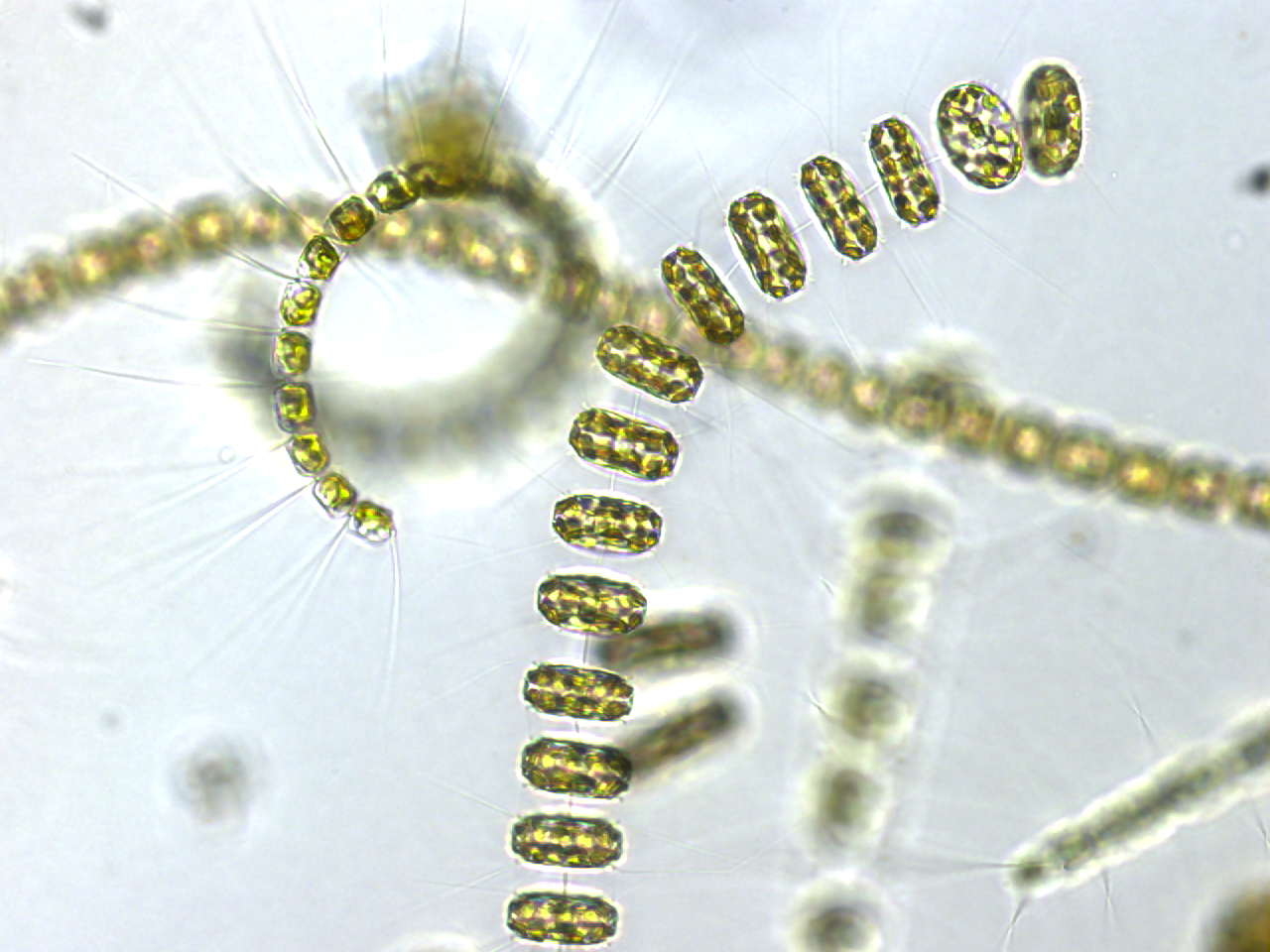
Our Vision & Mission
Vibrant and resilient coastal communities, economies, and environments
We work with communities throughout Rhode Island to ensure access to the best available science, and through community engagement, build long-term, sustainable solutions for our coastal and marine resources.
Our History
Sea Grant found its roots in Rhode Island after the idea was first proposed in 1963 by Athelstan Spilhaus from Minnesota University. Dr. John A. Knauss, founding Dean of the Graduate School of Oceanography at the University of Rhode Island, and Rhode Island Senator Claiborne Pell helped Spilhaus make Sea Grant a reality.
The idea of creating Sea Grant colleges was modeled after the Land Grant college program–which utilizes the resources of U.S. universities to address agricultural and land-use challenges–but with a focus on marine and coastal resources.
“[Sea Grant] found fertile soil in Rhode Island where we believed we were already doing much of what Spilhaus was proposing,” said Knauss in the 2000 issue of Maritimes, reflecting on his beginnings of GSO. “The Sea Grant Act was passed in 1966. URI received one of the first grants in 1968 and became one of the first four Sea Grant Colleges in 1972.”
The National Sea Grant College Act established Sea Grant as an academic/industry/government partnership with the idea that the program could help communities better understand and utilize coastal and marine resources for energy, development, and food. Today, the program continues to work to create and maintain a healthy coastal environment and economy, with an emphasis on sustainable use of resources and resilience to the impacts of climate change.
Sea Grant now has 34 programs based at universities and institutions in every coastal and Great Lakes state, Puerto Rico, and Guam working with communities to provide scientific research, education and training, and technical assistance on coastal and ocean issues.
As Knauss looked to the future over two decades ago, his words were prescient.
“I believe the oceans and the 70% of the earth that is underwater will play an increasingly important role in providing a variety of resources, including energy and fresh water, to an increasing population. Perhaps even more important is that environmental stresses will also grow in the next century,” he said in Maritimes. “Many of these issues concern the ocean and our need to better understand its role: changing sea-level, coastal pollution, modifying the earth’s climate, maintaining the current atmospheric chemical balance, and much more.”
What We Do
Research
Fund competitive research to improve knowledge of marine processes and resources for better understanding and management.
Environmental Literacy & Workforce Development
Engage students and the public in better understanding coastal and ocean resources management, science, law, and policy.
Community Engagement
Offer public programs, and training and resources for professionals to best apply available science and information to resolve coastal and ocean management challenges.
Our Approach
Sea Grant invests in high-priority research, addressing issues such as coastal hazards and development in coastal communities; understanding our interactions with the marine environment; aquaculture; seafood safety; and fisheries management. The results of this research are shared with the public through Sea Grant’s integrated outreach program to bring together the collective expertise of on-the-ground extension agents, educators, and communications specialists.
We work with communities, academics, businesses, non-profits, and government agencies to apply sound scientific, policy, and legal research findings to ensure a collaborative effort and informed decision-making for managing the state’s coastal and marine resources.
The goal is to ensure that vital research results are shared with those who need it most and in ways that are timely, relevant and meaningful.
Strategic Plan 2024-2027
Our Partners

Rhode Island Sea Grant Advisory Council
Brian Dursi
Executive Director
Rhode Island Marine Trades Association
Caitlin Chafee
Reserve Manager
Narragansett Bay National Estuarine Research Reserve
Judith Gray
NOAA (retired)
Bill Silkes
President
American Mussel Harvesters
Terry Gray
Director
Rhode Island Department of Environmental Management
Rich Hittinger
1st Vice President
Rhode Island Saltwater Anglers Association
Kate Mulvaney
Social Scientist
U.S. Environmental Protection Agency
Fred Mattera
President
Commercial Fisheries Research Foundation
Executive Director
Commercial Fisheries Center of Rhode Island
Jeffrey Willis
Executive Director
Rhode Island Coastal Resources Management Council
Topher Hamblett
Executive Director
Save The Bay
Anna Mercer
Cooperative Research Branch Chief,
Narragansett Laboratory Director
NOAA Northeast Fisheries Center
Robert Rheault
Executive Director
East Coast Shellfish Growers Association
Jared Rhodes
Director of Policy and Programs
Rhode Island Resource Recovery Corporation
Michele Jalbert
Executive Director
Providence Resilience Partnership
